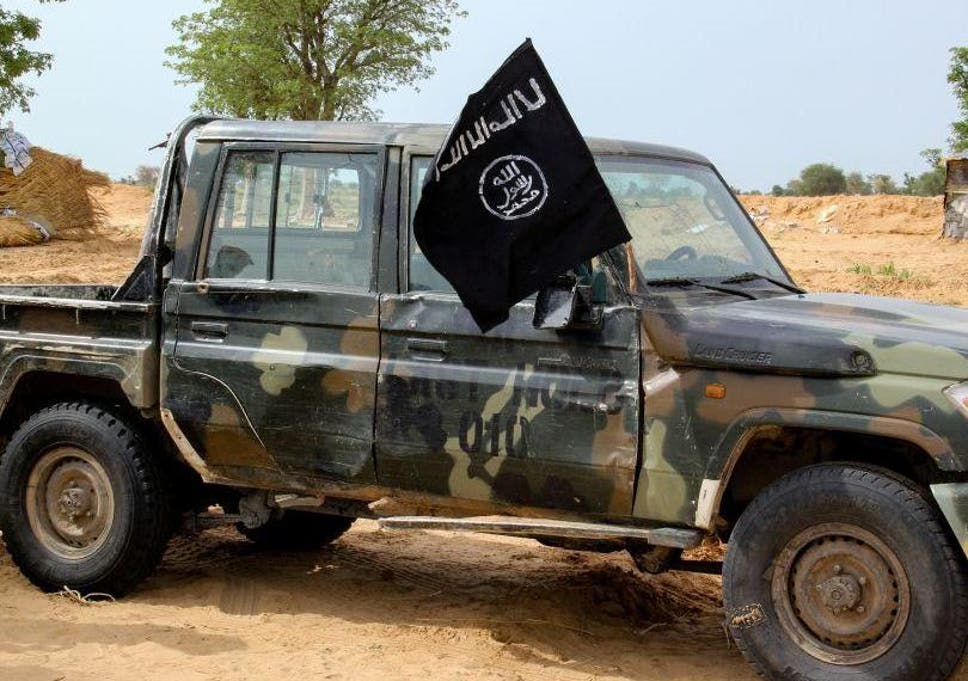The violence in Nigeria could end in genocide – both Christian and Muslim populations need help now
But one of the major factors increasing vulnerability is endemic and violent conflict. Displaced populations are obviously going to be at greater risk; people who have lost their homes and livelihoods, often living in crowded and disease-prone environments, will feel the impact heavily.
The fact that Nigeria’s already fragile public health budget is being cut at a time when infection is spiralling has helped to bring into focus the risks developing in many African nations. However, Nigeria’s level of internal conflict is such that we may well expect it to be worse affected than some of its neighbours.
A new report, released on Monday by the All-Party Parliamentary Group (APPG) for International Freedom of Religion or Belief, entitled “Unfolding Genocide?“ provides a horrifically detailed picture of how inter-communal violence has spread in the “middle belt” states of Nigeria over the past decade.
While reliable statistics are hard to come by, a conservative estimate of the number of displaced persons is approximately 300,000; last year saw at least 1,000 deaths in the ongoing struggles between farmers and nomadic herdsmen in these states. Readers should be warned: the extreme barbarity of many of the killings, involving rape, mutilation and burning, leaves a scar in the imagination.
The roots of these struggles read like a checklist of the most serious international challenges of our times. Environmental degradation has ruined huge tracts of grazing land and natural resources (the surface area of Lake Chad decreased from 15,000 square miles to less than 1,000 in the last forty years of the 20th century, and the rate of desertification has reduced both grazing and farming land in the Sahel by 80 per cent). Governmental policies on land development have frequently been disastrous in this connection, and policies about managing grazing land and practice have, at best, been inadequate and ineffectual.
Violence in various other countries, not least Libya, has fuelled a substantial illegal arms trade. Political leadership has been remote or corrupt, with a widespread culture of impunity in regard to alleged abuses by government forces. Fake news is rampant and hysterically alarmist; international social media managers have a tiny number of people who have the cultural and linguistic skills to monitor this effectively. Add to this a rapidly increasing population and a rising number of alienated and unemployed young men, and you have enough to guarantee a high level of tension and anger.
But what has made this particularly lethal in Nigeria is the added element of religious rivalry. Nigeria is a nation divided almost 50-50 between Islam and Christianity, with a very slight preponderance of Christianity. As in so many other contexts like the Middle East, a history of slightly uneasy but normally manageable coexistence has been disrupted by the rise of Islamist extremism – often directed, in Nigeria as elsewhere, against other Muslims as well as Christians.
Follow us on twitter (ajuede.com) or on Instagram (ajuedeman) for details of the global situation presently.






.jpeg)
Comments
Post a Comment